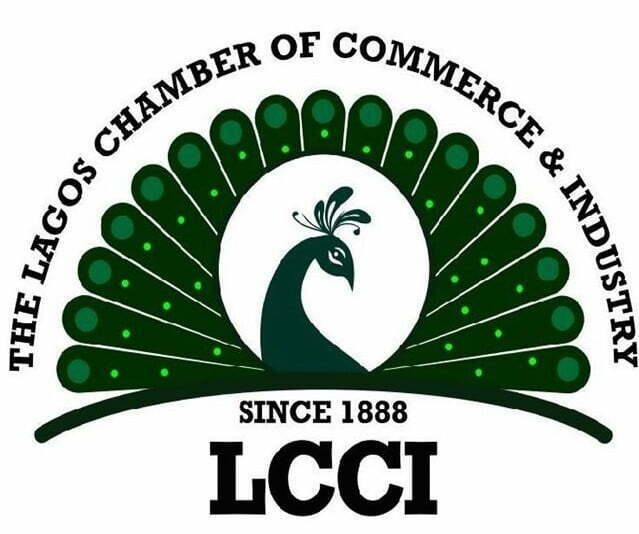
 The Lagos Chamber of Commerce and Industry (LCCI), has urged a balanced approach to expatriate employment and its potential impact on inflows of Foreign Direct Investments (FDIs).
The Lagos Chamber of Commerce and Industry (LCCI), has urged a balanced approach to expatriate employment and its potential impact on inflows of Foreign Direct Investments (FDIs).
The advice followed the federal government’s announcement of an Expatriate Employment Levy (EEL).
Director General, LCCI, Dr Chinyere Almona, said on Tuesday in Lagos, that the advice was to ensure the levy does not become an inhibition to attracting and retaining foreign investments, crucial for economic growth.
BRANDPOWER recalls that the Federal Government on Feb. 27, announced a mandatory annual levy for organisations employing expatriate workers.
The development required them to pay 15,000 dollars (12,000 pounds) for a director and 10,000 dollars for other employees.
According to the Federal Government, the move is to encourage foreign companies to employ more Nigerian workers.
Almona noted that the policy aimed to address wage gaps between expatriates and the Nigerian labour force, while encouraging skills transfer and employment of qualified Nigerians in foreign-owned companies.
Manufacturers want Expatriate Employment Levy (EEL) scrapped
She, however, stated the need for a balanced approach to expatriate employment and its potential impact on FDIs inflows.
She said while the LCCI fully supported government policies that enhanced profile of the business environment, and generated more revenue for the government, there were concerns about likely perception by foreign investors.
Almona said the perception that the Nigerian government was not accommodative to foreign workers was harmful to the country’s drive for FDIs inflows.
She said the EEL might trigger relocation of foreign companies to neighbouring countries that presented a more conducive and less expensive environment for business.
She added that the policy might likely spark retaliatory actions by other countries by imposing levies on foreigners and particularly, targeting Nigerian workers, hence, affecting diaspora remittances.
“With the drive for FDIs into Nigeria, we need a conducive business environment to attract these kinds of investments into the country.
“Capital importation into Nigeria in the fourth quarter of 2023 stood at 1.088 billion dollars out of which only 16.90 per cent (or 184 million dollars) came in as FDIs.
“We call on the government to consider exempting sectors that require unique skill sets for projects carried out in the country, especially in construction, and other sectors where we have critical shortage of supply of goods to meet rising demand.
“In sectors where the country lacks capacity to boost supply of critical products like food, cement, drugs, and other agricultural inputs, we urge government to charge concessionary or totally exempt manufacturers in these fields to encourage them to come in and boost supply of such scarce products,” she said.
Almona added that imposition of the levy means that expatriates would be subjected to two administrative procedures to procure the Combined Expatriate Residence Permit and Allien Card (CERPAC) permit.
She said that having two procedures meant more human interfaces, more bureaucracy and more application costs.
“We recommend that the government should continue to work with already established and functional CERPAC , with provision for yearly or regular reviews in rates according to internationally accepted rates.
“This way, we present our economy as open for business,” she said.






















